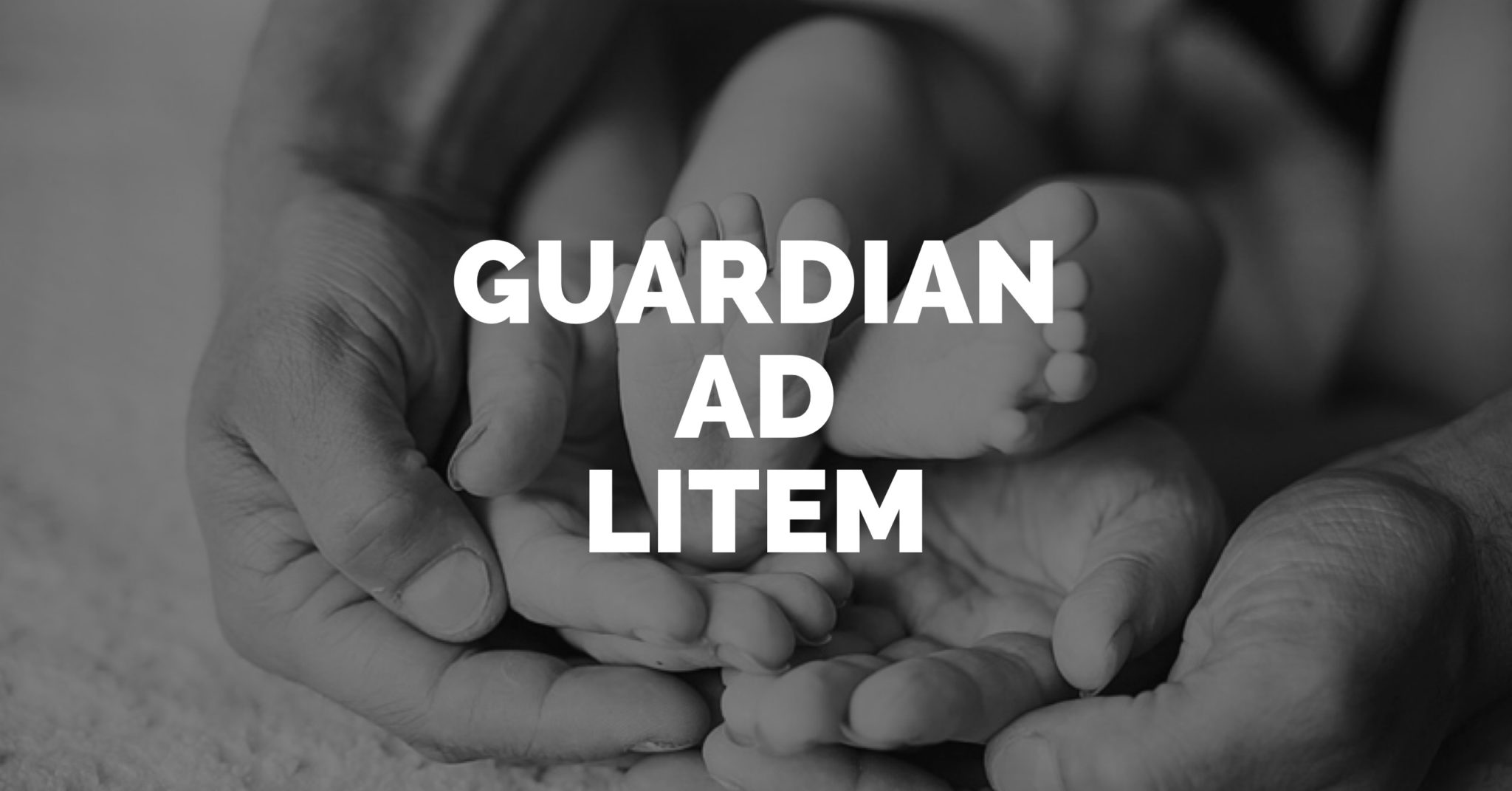One of the most common disagreements in the divorce process surrounds child custody decisions. Oftentimes, parents simply cannot come to a consensus regarding a child custody arrangement. If you are going through a divorce and cannot agree on major child custody issues with your spouse, the court may appoint a guardian ad litem. A Florida court will make the decision to appoint a guardian ad litem who will specifically act in the best interests of the child. The appointment of a guardian ad litem can seem frightening, but they have the child’s interest in mind, and with some cooperation from the parents, this can be a positive experience leading to a compromise and solution for all involved.
The Appointment
A court in the state of Florida may appoint a guardian ad litem, which is a neutral third-party who will represent the best interests of a child, specifically regarding their custody arrangement after a divorce. It is important to note that the guardian ad litem does not answer to either parent, but instead is solely focused on the welfare of the child. Also important to note is that a situation does not have to include any child abuse or neglect for a guardian ad litem to be appointed by a court. Many times, a guardian ad litem is appointed simply because the parents of the child cannot agree on ultimate and final child custody arrangements.
Guardian Ad Litem Powers
A guardian ad litem has a great deal of power to investigate a child’s living environment and possible living situations. They have full authority to inspect the potential living conditions, family relationships, friend relationships, and any other area that would affect the environment of the minor child. A guardian ad litem will visit the homes of any parent requesting physical custody, as well as visit with family members and friends. Personal questions will be asked, and it is important not to get offended or feel as if the guardian ad litem is trying to be adversarial.
A cooperative spirit is always best, as the guardian ad litem truly is trying to understand all situations to make the best decision for the minor child. If for some reason, a family member or friend does not cooperate with the investigation, they may be required to appear in court to testify. At the end of a guardian ad litem’s investigation, he/she will make a final determination regarding physical custody arrangements that will be presented to the court. These recommendations usually involve custody, visitation, or other matters relating to the child’s best interest.
Is The Guardian Ad Litem’s Decision Final?
The short answer is no; however, the recommendation will hold a lot of weight with the court. As a parent, frankly, you may feel angry that some stranger is coming in to analyze your life and make a decision on behalf of your child. It can feel invasive and that somehow your parental rights are being violated. Try to take a different view regarding a guardian ad litem. They are truly there to help the child. If you do feel that a guardian ad litem is overstepping boundaries or is not making proper decisions regarding your child’s well-being, then you are legally allowed to disqualify one guardian ad litem. After that, any additional rejections must be supported by evidence and reasons accepted by the court.
The final report by the guardian ad litem is not automatically adopted if you have reservations about it. As a parent, you still have the ability to present your own witnesses and evidence that show why the guardian ad litem’s decision was not in the best interest of your child. The court will make the final decision.
Contact an Experienced Family Law Attorney
If you are going through a divorce, contact the experienced legal team at the Law Office of Dana Pechersky at 954.529.2057 today for a free consultation regarding your case. We can help you understand your rights regarding custody, and help you work with a guardian ad litem if one has been appointed in your case.

Leave a Reply
Be the First to Comment!